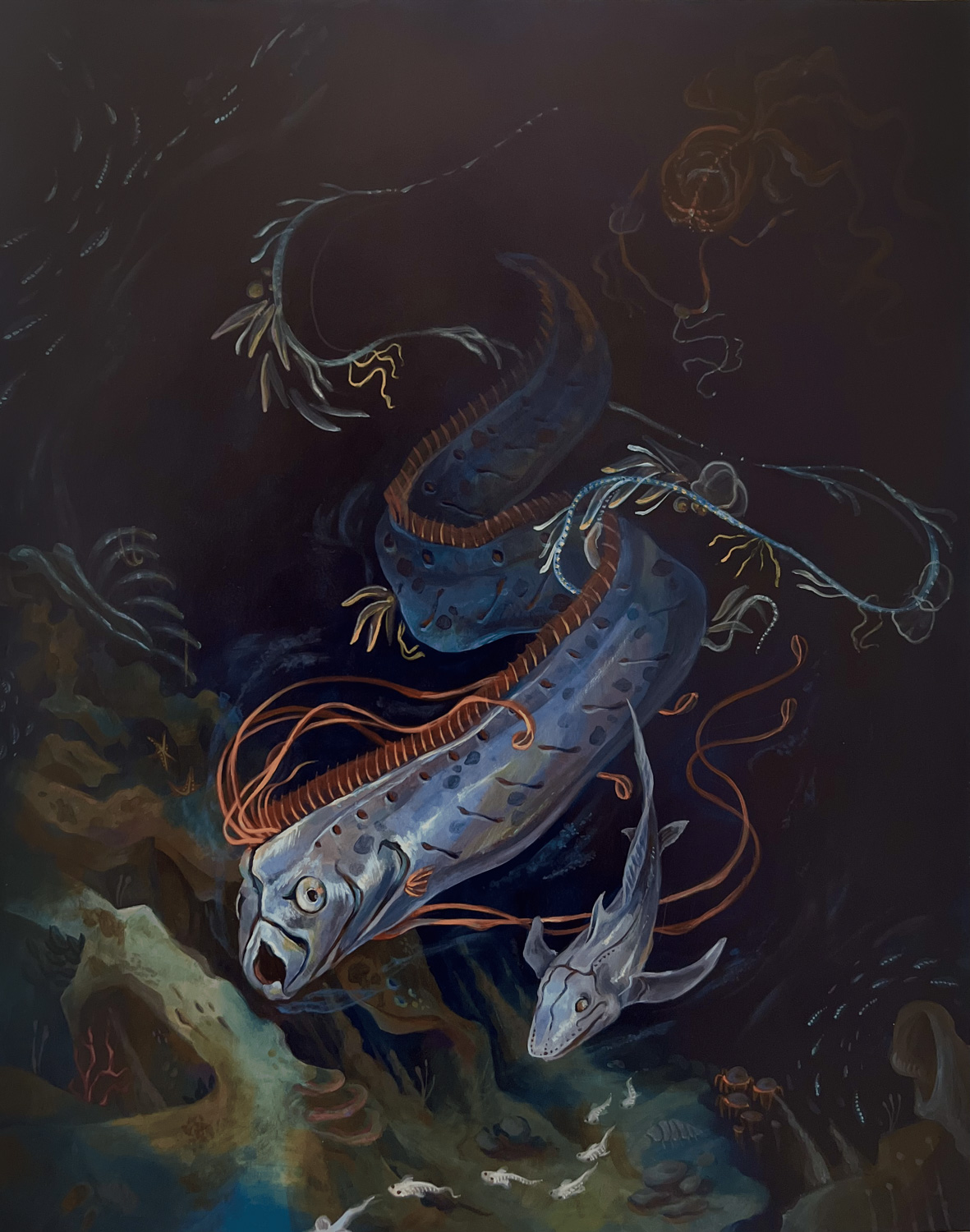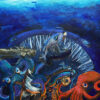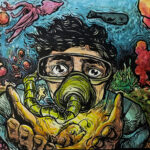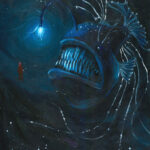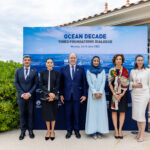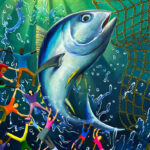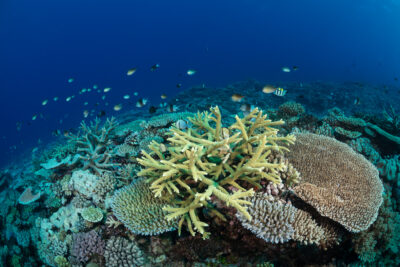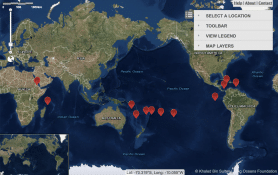This website uses cookies so that we can provide you with the best user experience possible. Cookie information is stored in your browser and performs functions such as recognising you when you return to our website and helping our team to understand which sections of the website you find most interesting and useful. You can view our complete Privacy Policy here.
Winners Announced!
We are thrilled to announce the winners of our annual student art contest, the Science Without Borders® Challenge! This year, the contest focused on the wonder of life in the deep sea.
Watch
-
OUR LIVING OCEANS Premiere
Tune into EarthxTV to watch full episodes of "Our Living Oceans."
Science Without Borders®

Science Without Borders® guides all of our work as we pursue our mission to preserve, protect and restore the world's oceans and aquatic resources.
Join Our Blog
Education

-
Education Portal
Our Coral Reef Ecology Curriculum is a great resource for students and teachers. Filled with lesson plans, videos, and interactive learning exercises, our education portal engages and inspires students to learn about coral reefs and to become stewards of this vital ecosystem.
-
Science without Borders® Challenge
The application period for the 2024 Science Without Borders® Challenge is now closed, and winners have been announced. This annual art contest encourages students to learn about important ocean science and conservation issues through art. The competition is open to middle and high school students 11-19 years old, with prizes of up to $500 awarded to the winning entries. The theme of next year's contest will be announced by September.
